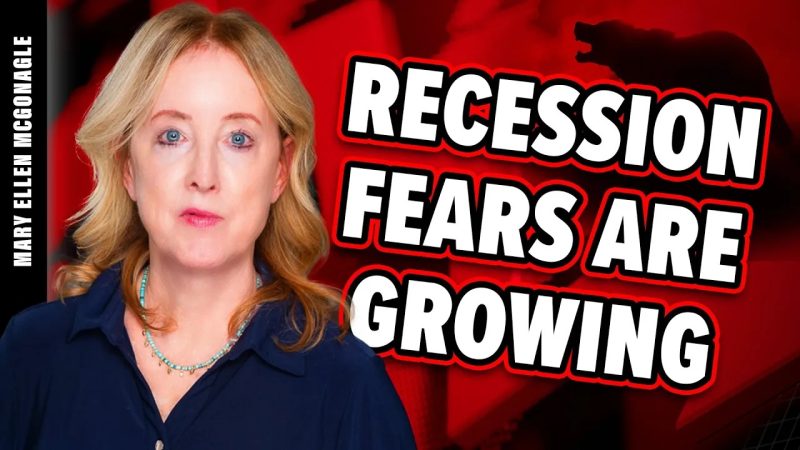The recent nosedive in the markets has sent shockwaves through the global financial landscape, leaving investors anxious and uncertain about the future. Amid looming recession fears, the volatility in the markets has reached levels not seen in years, prompting both seasoned traders and casual investors to reevaluate their investment strategies.
The root cause of the market turbulence can be traced back to a combination of factors that have created a perfect storm of uncertainty. The ongoing trade tensions between major global economies, particularly the United States and China, have sparked fears of a slowdown in international trade and economic growth. The escalating tariff war has disrupted supply chains, increased production costs, and dampened consumer sentiment, leading to a slowdown in spending and investment.
Geopolitical tensions in regions like the Middle East and Asia have further exacerbated market jitters, with events such as drone attacks on Saudi oil facilities and the uncertain outcome of Brexit adding to the overall sense of unease among investors. In addition, the inverted yield curve, a historically reliable indicator of an impending recession, has sent shockwaves through the financial community, leading many to question the future trajectory of the economy.
Central banks around the world have responded to the growing economic uncertainty by lowering interest rates and engaging in monetary stimulus measures to prop up growth and mitigate the impacts of any potential downturn. However, the efficacy of such measures remains to be seen, as the global economic landscape grows increasingly complex and unpredictable.
For individual investors, navigating this turbulent market requires a proactive approach and a diversified investment strategy. Diversification, both across asset classes and geographies, can help mitigate risks and safeguard investments against market downturns. Additionally, staying informed about market trends and developments, and seeking the guidance of financial advisors, can help investors make informed decisions in the face of uncertainty.
While the current market volatility may be unsettling, it is essential to remember that market fluctuations are a natural part of the economic cycle. Historically, markets have shown resilience and the ability to recover from downturns, often presenting long-term investment opportunities for patient and disciplined investors.
As the markets continue to grapple with recession fears and economic uncertainty, it is crucial for investors to remain vigilant, stay informed, and adapt their investment strategies to navigate the challenges ahead. By taking a proactive and informed approach, investors can weather market downturns and position themselves for long-term financial success.



























